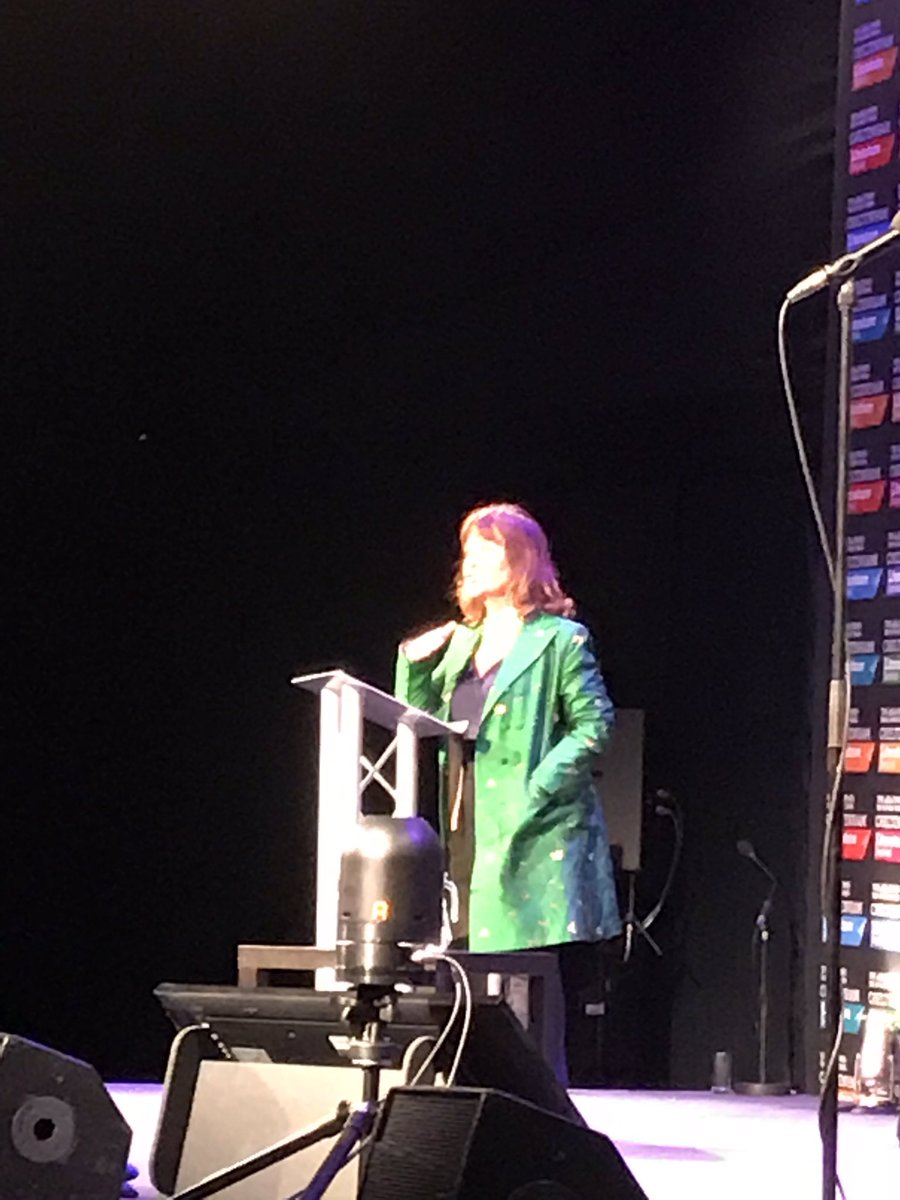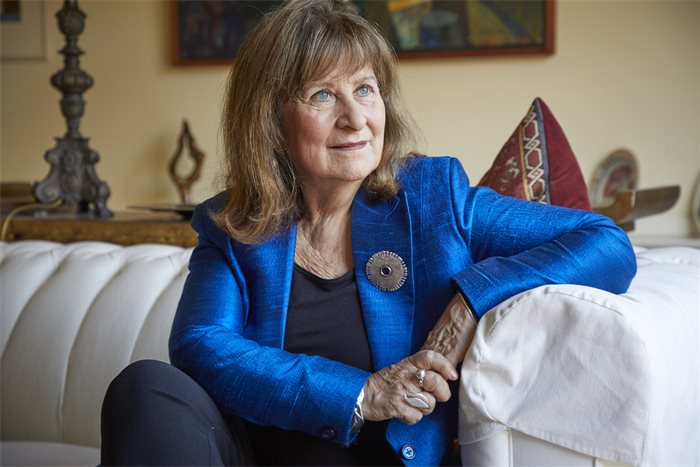


In the 1960s, when Kennedy started practising, rape jokes were “constant”. It is fascinating to read about the days when women were openly described as unsuitable for the judiciary for being “too primly spinsterish” or “off-puttingly headmistressy”. “When some of my relatives were told I had joined ‘Gray’s Inn’ and was studying for the ‘Bar’, they imagined I had gone in for hotel management or catering,” she recalls. A petite fireball, Kennedy grew up in the Glasgow tenements, both her parents having left school at 14. She has always been a source of fascination and admiration to me.

I have seen Kennedy in action – a whirlwind of purpose, charisma and passion But there are also anecdotes that few can weave into a coherent, passionate narrative, building a case based on evidence, statistics, facts and experience, as Kennedy has done. These are the stories that don’t make the news, and that only someone who has spent a lifetime at the criminal bar can offer. The poignancy of the Chelsea Flower Show woman, a hospital sister whose only offence appears to have been a love of flowers, comes from its everyday nature. Others have wider political and social significance – from #MeToo to FGM, domestic violence, immigration detention and the grooming of girls by gangs of sexual predators. This is far from the most upsetting of the things experienced by women at the hands of the legal system documented and explained by the formidable QC Helena Kennedy in this book. There was no sign of stolen property, but she still had to go through a crown court trial before being acquitted. She was pulled out of a queue for the ladies’ toilet and accused of pickpocketing, allegedly having been seen elsewhere putting her hands into other women’s handbags. She visited the Chelsea Flower Show, which for a person of colour can still feel like a fairly brave thing to do. T here was once a black woman who loved gardening.


 0 kommentar(er)
0 kommentar(er)
